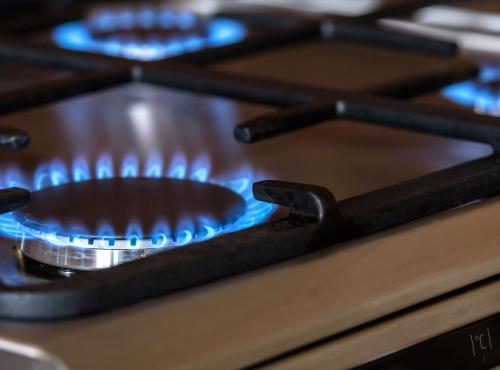Looking back at ‘Tenants safe and secure in their homes’
It’s almost 18 months since the All-Party Parliamentary Carbon Monoxide Group (APPCOG) published Carbon monoxide alarms: Tenants safe and secure in their homes. Yet despite our progress advancing the report’s recommendations there is no room for complacency. There is uncertainty over the CO alarm review’s future, as we still await the Government’s decision and a general election appears increasingly likely. As such, the APPCOG is continuing to raise the Parliamentary profile of CO poisoning and build the case for stronger regulation.
Published in November 2017, the report established that existing CO alarm regulations were too complicated for landlords and failed to account for the falling cost of CO alarms. The APPCOG also heard that low-income households face a greater risk of CO poisoning, especially if they rent privately. These findings led the APPCOG to make three recommendations for simpler private-rented sector regulation that keeps people safe from CO poisoning in their homes:

To encourage Government to act on these recommendations, APPCOG Officers and supporters highlighted CO poisoning’s impact and the need for CO alarms 19 times during Parliamentary debates since the report’s launch. The merit of our policy recommendations was quickly recognised, and in April 2018 the Housing, Communities and Local Government Select Committee announced:
“We support the finding of the All-Party Parliamentary Carbon Monoxide Group (APPCOG) that legislation should be amended to make it explicit and mandatory for landlords to install carbon monoxide alarms in the rooms of private rented properties containing any fuel-burning appliance."
Following this, and work by APPCOG Officer Eddie Hughes MP on his ‘Silent Killer Bill’ (now withdrawn), the Ministry for Housing, Communities and Local Government announced a review into CO alarm regulations. The Government acknowledged the APPCOG’s role in triggering this review and invited us to meet with them ahead of the review’s launch, and included us in the review’s working group. The APPCOG took this opportunity to strengthen the case for new regulations, pushing for an expansion of current CO alarm requirements to cover all-fuel burning appliances across all tenures. Eddie Hughes MP also wrote an article in The House magazine in June 2018 to raise awareness of CO amongst Parliamentarians and make the case for mandatory alarms. We also engaged Ministers directly by sending 4 letters and tabling 9 Parliamentary Questions that addressed the review’s status and outcome.
We now expect the Government to announce its decision on CO alarms alongside its response to the Social Housing Green Paper. This was originally scheduled for Spring 2019 but may be delayed. Though we cannot predict the decision with certainty, comments in February 2019 from the Minister for Housing and Homelessness, Heather Wheeler MP, suggested the Government may be increasingly receptive to our argument that CO poisoning is under-reported:
Yet despite this progress we cannot become complacent. Several obstacles could arise that prevent us from translating our report’s recommendations into regulatory reform:
- The increasing likelihood of a general election is concerning, as a future Government may not continue the review;
- The outcome of the review may not extend as far as we may like;
- Any new or altered regulations may not be effectively implemented – despite 2015’s CO alarm regulation, only 40% of private-rented dwellings with a solid-fuel burning appliance have a CO alarm; and
- There is a continuing lack of clarity around how sharing economy accommodation (i.e. direct booking sites) are regulated under landlord legislation.
To counter these challenges, the APPCOG will continue to keep CO on the Government’s radar by highlighting its wide-ranging impact in areas including mental health and festival safety. We are prepared for a variety of outcomes, including a second consultation period on the Government’s decision. Lastly, our Parliamentarians will maintain pressure on the Government to recognise the need for stronger regulations to improve CO safety across all tenures.



